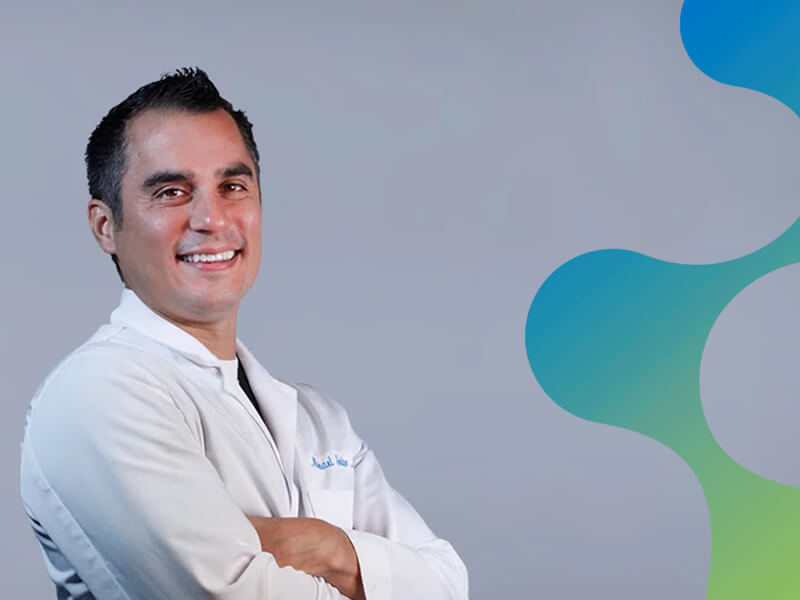Peripheral Artery Disease (PAD)
PAD attacks your blood vessels and causes them to block with plaque. There have been significant developments in the diagnosis and treatment of this condition. Our doctors are on the forefront of these advances.
Arterial Care
One in every 20 people over the age of 50 has Peripheral Artery Disease (PAD). Last year 8.5 million patients were diagnosed with PAD. Perhaps more alarming, is almost 25 percent of people with PAD have no symptoms and don’t even know they have it. Many believe it’s just part of aging, and it’s normal for their legs to hurt when they walk or the feet to feel cold or numb. But it’s not. PAD is a circulation disorder that may be causing these symptoms.
You are at risk if you have diabetes, high blood pressure, high cholesterol, are overweight, family members with PAD, or you smoke. Smoking increases the likelihood of getting PAD by 400%.
PAD effects the blood vessels in your arms and legs. It occurs when fatty deposits form on the inner lining of the artery limiting blood flow.
Signs of PAD include:
· Cramps
· Fatigue
· Pain and discomfort in the legs and buttocks.
· Cold hands and feet
· Neuropathy
· Sensitive or shiny skin
· Discoloration of legs and feet
· Poor nail growth
· Non-healing wounds
These symptoms may increase during activity and improve or go away with rest. If you ignore these signs, it may lead to an amputation. If you get an amputation, because of PAD, your life expectancy is worse than if you had breast cancer or lymphoma.
To see if you have PAD, studies to evaluate blood flow are often ordered. When needed, re-vascularization will be done to improve flow. This minimally invasive procedure widens the artery. Once this occurs, symptoms begin to lessen and in many go away.
If you or a family member have any symptoms, call 480-374-7345 to meet our team of experts.
Looking for more? Browse our patient resource
library or take a self assessment quiz.
One Team, Your Team

Joel R. Rainwater, MD
Chief Medical Officer

James R. McEown, MD
Internal & Emergency Medicine, Phlebology

Karen Garby, MD, RPhS
Director of Venous Intervention

David Lopresti, MD
Medical Director, Interventional Radiology

Michael Switzer, MD
Interventional Radiology Endovascular Specialist

Michael H. Makki, DO, FACC
Interventional Cardiology

Jeff Braxton, MD, FACS

Kevin Duwe, MD
Interventional Radiology Endovascular Specialist

Charles Nutting, DO, FSIR
Interventional Radiology

